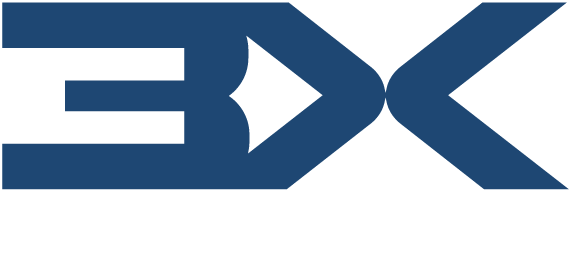I worked for a retailer for many years that had a bespoke system that ran the business. It had been designed and built to meet the exacting needs of the business. Isn’t that what gives a company a competitive edge, as it doesn’t work the way everyone else does. Large scale legacy replacement projects (often) have a high risk of project failure.
It was considered old fashioned and outdated so a very expensive ERP solution was purchased costing millions, then the company spent a fortune having it changed to work in a similar way to the way the business currently worked.
If the business had spent half of the amount enhancing what they had they would have been in a better place.
To this day I don’t know why that decision was made other than I am sure those who chose it thought it would look good on their CV. Needless to say, the business is no longer around!
Other options
If you have a legacy system that has reached end of support it’s often possible to negotiate a support agreement. In some cases, it’s possible to purchase the source code from your vendor.
Holding back also has its advantages
The longer you wait to replace your legacy systems, the more up to date your next system will be.
If you currently have a system from the 1980s. If you replaced it in 2005 — you might have chosen a technology based on a technology that is no longer in favour and you might be looking at having to replace it again. If you replaced it today you’d have better technology choices.
